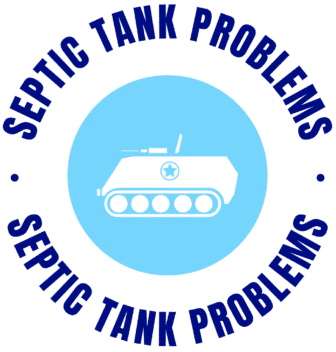Some times making the right decision can be hard to do in life. Making up your mind about certain problems can cause much aggravation and can even make you restless. You have to weigh the pros and cons about your choices. How will my choice effect me down the road? Am I going to be happy with my choice? Basically, what you do now has some effect on the future. If I don’t change the oil in my car today. My car may break down tomorrow. The same can be said about a septic system. Some people do very little maintenance to their septic and are fine. While others may have some serious issues. How do you choose the right drain field maintenance products? How do you know if it will help you?
I don’t know about you, but when I shop, I look for the best deal that I can find. It may be as simple as the price, the quality of the product or even both. This can be a challenging task to undertake especially when it comes to buying technical things like drain field maintenance products. You have to always make sure that the product is going to work. These days, many septic product manufacturers come up with more and more creative ways on how to exaggerate the positive qualities of their products. They take advantage of the typical homeowner who doesn’t want to spend on regular pump outs anymore in order to save money and time. As a response to these exaggerations, many homeowners tend to use maintenance products and stop the pump outs completely. They only depend on the products that they buy.
Pumping out your system is the smartest, most basic thing that you should do to help maintain your septic. Doing this on a regular schedule will help keep your solid floatables from going out to the field causing septic backups. With regular pump outs, the sludge level in the tank is kept normal and the drain field is kept free from trouble. You should arrange pump out schedules with your septic expert. Talk about the living situation because the frequency of the pump out depends on the number of people who use the system.
Drain field maintenance products can come as either chemical or biological. When you choose chemical additives, you put your drain field in much danger because these compounds corrode the physical structures and kill off the resident bacteria. Here are some of the negative effects of chemical drain field maintenance products that are out in the market these days:
* Formaldehyde, paraformaldehyde, quarternary ammonium, and zinc sulfate are all biocidals when used in large doses.
* The chemicals produce more methane bubbles that lift the solid particles from the septic tank and carry them over to the drain field where they stay and block everything.
* The top scum layer in the septic tank is broken off. This disperses the floatable fats oils and grease into the drain field.
* The additives that have alkenes, naphthalenes, and benzenes contaminate the environment.
If you really want effective and safe drain field maintenance products, you should purchase the biological additives that are either non-pathogenic bacteria or enzymes. According to experts, only a small amount of enzymes are added into the commercially produces additives. So technically, they do not contribute significantly to the improvement of the system. These experts believe that human waste is better in giving more enzymes to improve the performance of the septic. You just have to keep the pump out schedules. The non-pathogenic bacteria are the most recommended additives that you can use on your drain field. Bacteria are introduced into your system and they aggressively digest the accumulated solid wastes even when they reach the drain field. As they do this, odors are eliminated and the environment is kept safe from contamination because they don’t have chemical discharges at all. This method of using bacteria to clean out and treat the drain field is wide accepted and even encouraged in many states.
Ask your septic expert for the best formulation of biological drain field maintenance products. This will definitely be the right thing to do for your drain field. We hope this article covered drain field maintenance products and their effects on our septic systems.
